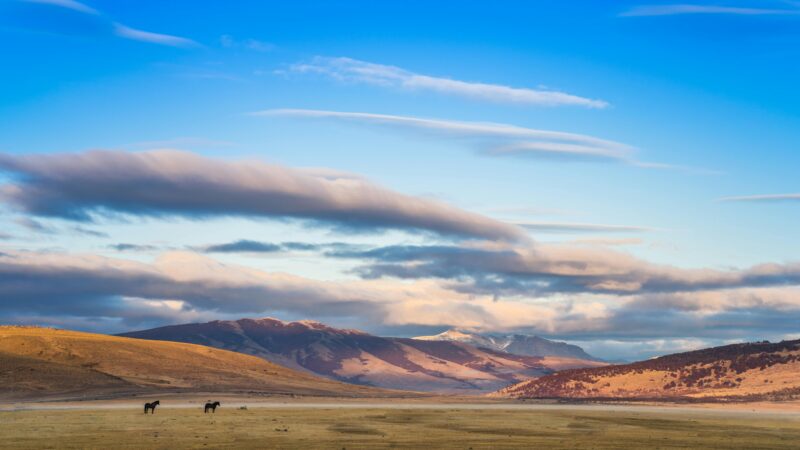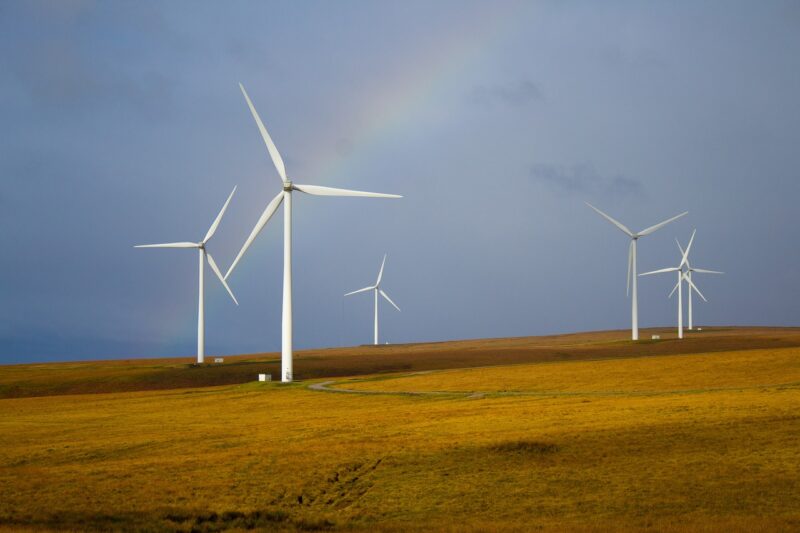
Green Hydrogen Futures: exploring the socio-ecological implications and narratives of green development in Patagonia
My PhD project examines how visions of green development linked to the green hydrogen industry emerge, circulate, and are contested in Chilean Patagonia. Through a multi-sited ethnography in Patagonian, I investigate how local communities negotiate the socio-ecological promises and frictions of large-scale renewable energy transitions.

In recent years, the environmental crisis has become a driving force for technological innovation, inspiring a global shift toward so-called “sustainable” technologies. Among these, green hydrogen has gained prominence as a promising solution for producing clean fuels through renewable energy sources such as wind and solar. Hailed as the “energy vector of the future,” it is expected to transform multiple industries and has rapidly attracted global policy attention and investment.
This research explores the rise of the green hydrogen (H2V) industry in Chilean Patagonia, a region that has become a strategic site for green investment due to its powerful winds and perceived remoteness. Chile’s government has promoted hydrogen as a key driver for economic diversification and export-led growth, with more than sixty projects announced nationwide. However, local communities and environmental organisations have begun to question the socio-ecological costs of this emerging industry. Concerns include the alteration of fragile landscapes, threats to endangered bird species, and the limited participation of local actors in decision-making processes.
Building on critical perspectives from science and technology studies, anthropology, and environmental humanities, this project examines how “green development” is imagined, negotiated, and contested in the context of hydrogen expansion. Through ethnographic research, it documents the frictions, uncertainties, and diverse futures that emerge as global green agendas encounter specific territories, exploring how local narratives and everyday practices reshape understandings of innovation, nature, and progress. My research contributes to broader debates about the promises and paradoxes of technological transitions, reflecting on what kinds of futures are being made—and for whom—at the edges of the so-called green revolution.

